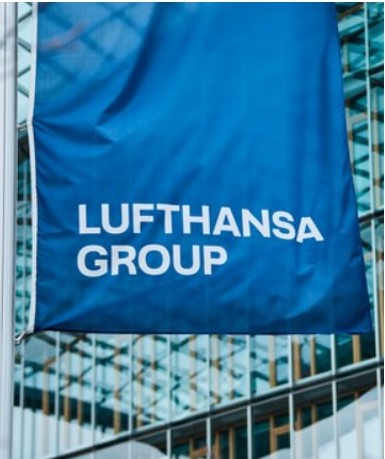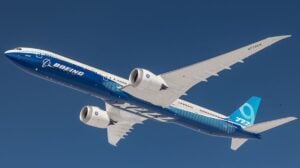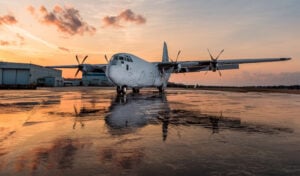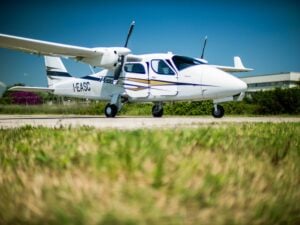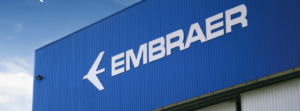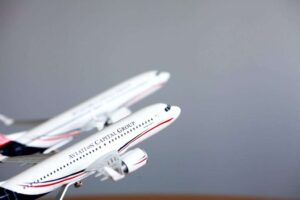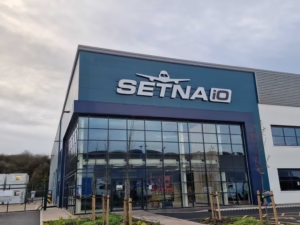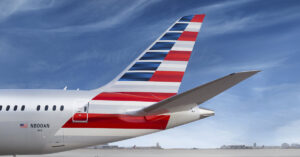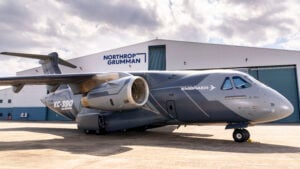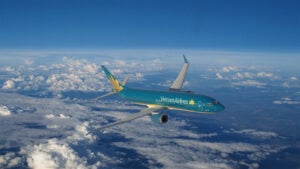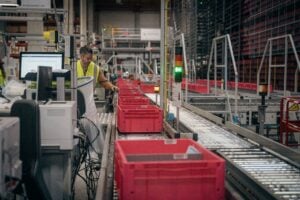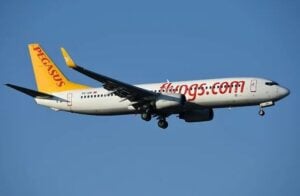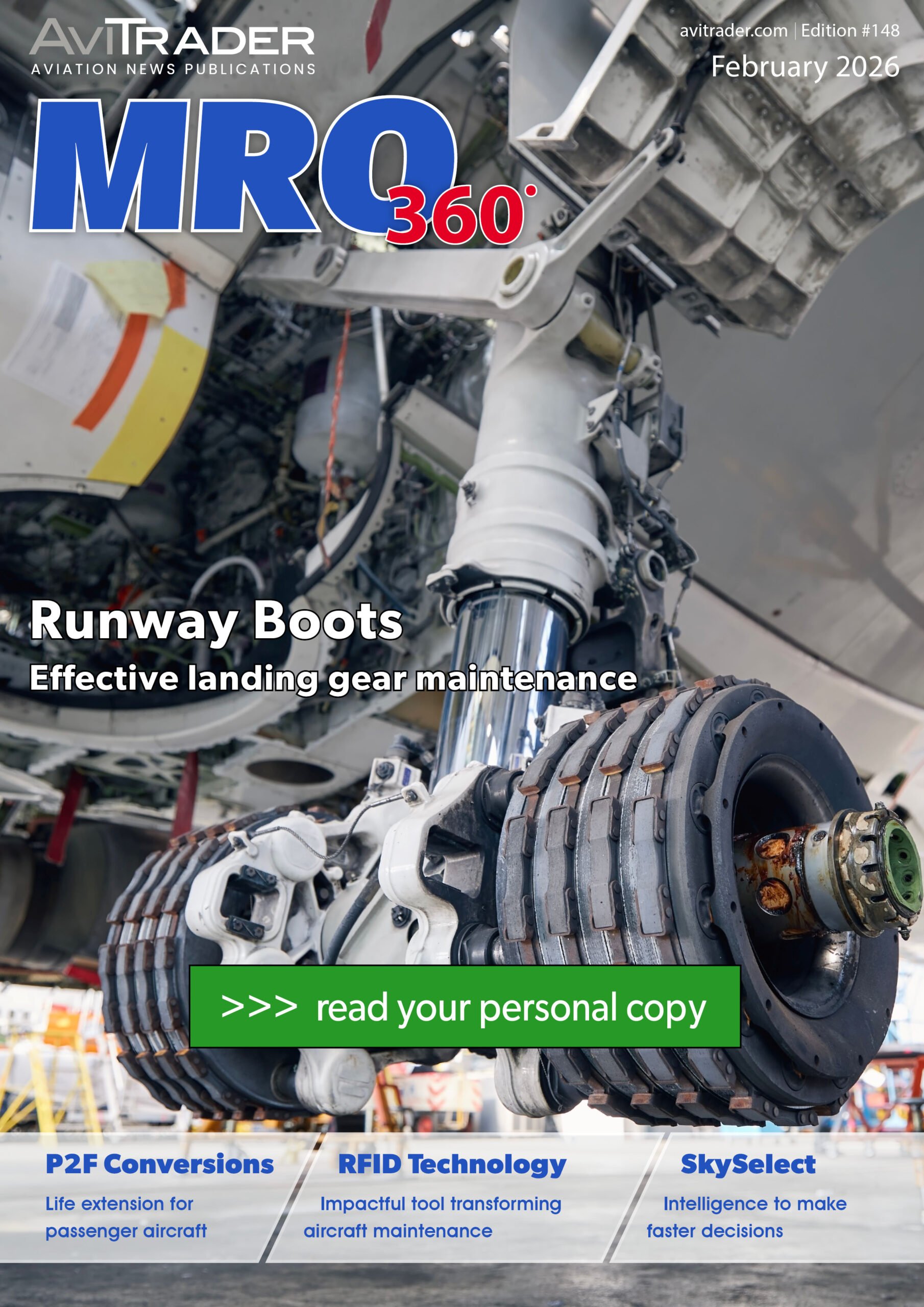At its Capital Markets Day in Munich, the Lufthansa Group unveiled a sweeping strategic overhaul, setting out ambitious financial targets and announcing deep job cuts as part of a push towards sharper efficiency and higher shareholder returns.
The airline group reaffirmed its intent to reshape its organisational and operational structures, aiming for tighter integration between airlines and group functions. This shift is designed to reduce duplication, streamline decision-making, and accelerate the use of digital tools and artificial intelligence. Executives promised that these changes would lift profitability beyond historical records, with new financial benchmarks set for 2028–2030.
Targets include:
- Adjusted EBIT margin of 8–10%
- Adjusted Return on Capital Employed of 15–20%
- Annual Adjusted Free Cash Flow of over €2.5 billion
The Group also pledged to preserve financial strength by maintaining a conservative liquidity buffer of €8–10 billion, keeping an investment-grade credit rating, and upholding its dividend policy of distributing 20–40% of net income.
Job Cuts at the Heart of Change
Central to Lufthansa’s transformation is a drastic restructuring of its workforce. The company disclosed plans to eliminate around 4,000 jobs worldwide by 2030, the majority in Germany. These cuts will focus on administrative rather than frontline operational roles, reflecting the automation and efficiency gains from digitalisation and AI. Management emphasised that the redundancies will be carried out in dialogue with unions and works councils.
By concentrating on overhead reductions rather than flight operations, Lufthansa seeks to preserve customer-facing services while trimming costs in the back office. The aim is to remove overlapping tasks across subsidiaries and introduce leaner structures capable of delivering higher returns.
For investors, the message was clear: Lufthansa intends to be not just resilient but more profitable, with sustainable returns built on efficiency and financial discipline. The planned job cuts, though painful, are positioned as necessary sacrifices to underpin a leaner, more technologically advanced airline group ready for the next decade.

